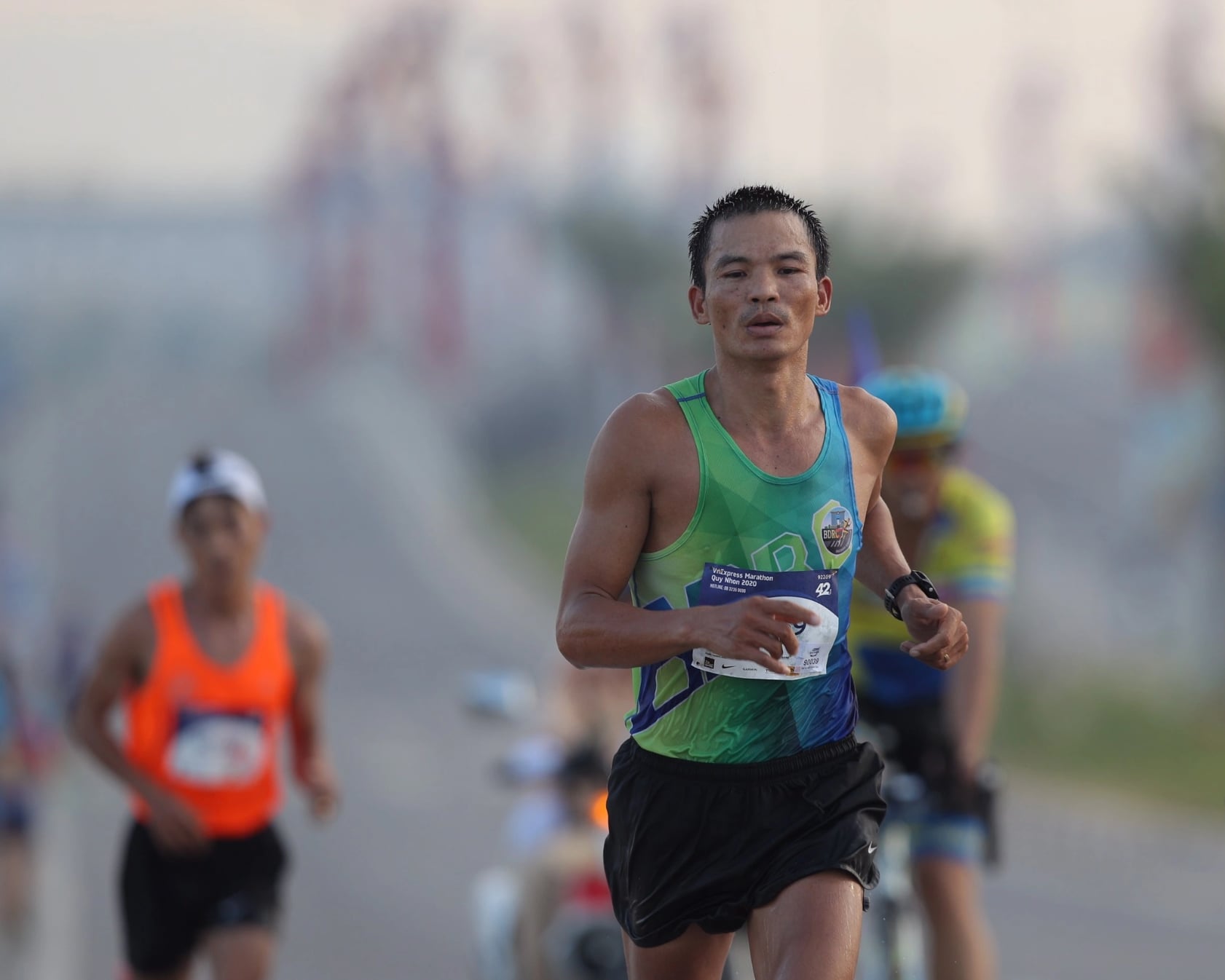Exercising in hot weather affects the body differently than exercising in milder temperatures. It's crucial to be mindful of the type of exercise and your physical condition when working out in the heat.
The body works to avoid overheating by directing more blood to the surface where heat can radiate, and by sweating to further cool down. As sweat evaporates, it cools the skin. Mild to moderate sweating isn't harmful, but excessive sweating contributes to dehydration (more fluids leaving the body than entering). Ensure adequate hydration during hot-weather workouts to prevent severe and rapid dehydration. Since salt is also lost through sweat, consider electrolyte drinks to replenish lost salts and fluids.
The body's strain to maintain a cool temperature in hot environments reduces performance in aerobic activities like running, cycling, and other endurance sports. This means you may not be able to run as fast or cycle as far as you would in cooler conditions.
If weight loss or maintenance is a fitness goal, exercising in the heat might not be as effective. Some evidence suggests exercising in cooler temperatures can be more effective for weight loss, but the results are still inconclusive. Because you might feel strained and tired when exercising in high temperatures or end your workout earlier than in cooler weather, you may burn fewer calories. Some people notice weight loss immediately after exercising in the heat and attribute it to fat burning. However, this weight loss is usually due to fluid loss from sweating. Normal weight returns with proper rehydration after exercise.
 |
A runner participates in the VnExpress Marathon in Quy Nhon under hot weather. Photo: VM |
A runner participates in the VnExpress Marathon in Quy Nhon under hot weather. Photo: VM
Dehydration occurs when the body lacks sufficient fluids. Excessive sweating, inadequate fluid intake, and overexertion contribute to dehydration. Signs of worsening dehydration include dizziness, headache, muscle cramps, nausea, fatigue, low energy, rapid heart rate, rapid breathing, and fainting. If you experience any of these symptoms, stop exercising, move to a shaded or cooler area, and drink fluids. Seek emergency medical attention if symptoms persist or worsen.
If you must exercise in hot weather or high-temperature environments, here are some ways to manage and prevent health risks: Wear light, breathable clothing. Apply sunscreen to protect exposed skin from sunburn and other sun-related damage. Regularly hydrate with water, electrolyte drinks, sports drinks, or fruit juice. Snack on foods with higher water content, such as fruits. Avoid hot or caffeinated beverages before exercising in hot weather.
Take breaks indoors or in the shade every 15-30 minutes, or whenever you start to feel overheated. Try pre-cooling your body before exercising, such as drinking ice water or wearing a cooling vest.
Anh Ngoc (According to Verywell Health)












